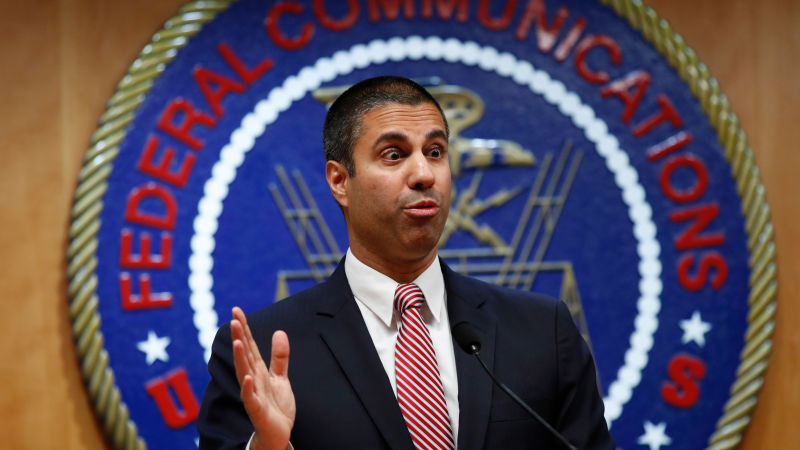cageymaru
Fully [H]
- Joined
- Apr 10, 2003
- Messages
- 22,092
AT&T and other industry leaders have suggested that the best way to pay for the rural broadband infrastructure rollout is to tax businesses that use the internet. This state tax was suggested by the FCC's Broadband Depolyment Advisory Committee (BDAC). "BDAC members include AT&T, Comcast, Google Fiber, Sprint, other ISPs and industry representatives, researchers, advocates, and local government officials." States are able to adopt the "State Model Code" suggestions from the BDAC without input from the FCC. The exact wording of the proposal can be found on page 28 of this FCC release.
Yesterday, wireless providers like AT&T and others avoided having to pay taxes to fund the Universal Service Fund and consequentially the rural broadband rollout with the FCC's text messaging ruling. The tax money collected from the BDAC proposal would be sent to a new Rural Broadband Deployment Assistance Fund for AT&T and other ISPs to build a broadband infrastructure in rural America. AT&T would benefit the most as it already receives $428 million per year to provide 10Mbps service in rural areas. The Internet Association which includes Netflix, Amazon, Google and others opposes the tax as it would effectively tax everyone.
Every provider of Communications Services in the State shall contribute to the Rural Broadband Deployment Assistance Fund in an equitable and non-discriminatory manner. The State Universal Service Administrator ("Administrator") shall determine the appropriate State Universal Service assessment methodology and rate consistent with federal law and FCC policy. The Administrator shall engage stakeholders in a rulemaking process to determine the source of funding. If Broadband Dependent Services shall be subject to State sales tax, it shall be deposited to the Rural Broadband Deployment Assistance Fund; or
1.2. Every provider of Communications Services and Broadband Dependent Services in the State shall contribute to the Rural Broadband Deployment Assistance Fund in an equitable and non- discriminatory manner. The State Universal Service Administrator ("Administrator") shall determine the appropriate State Universal Service assessment methodology and rate consistent with federal law and FCC policy. The Administrator shall engage stakeholders in a rulemaking process to determine the source of funding; or 1.3. Entities that financially benefit from access to a broadband system located in the state, including advertising providers, shall contribute to the Broadband Deployment Fund.
Yesterday, wireless providers like AT&T and others avoided having to pay taxes to fund the Universal Service Fund and consequentially the rural broadband rollout with the FCC's text messaging ruling. The tax money collected from the BDAC proposal would be sent to a new Rural Broadband Deployment Assistance Fund for AT&T and other ISPs to build a broadband infrastructure in rural America. AT&T would benefit the most as it already receives $428 million per year to provide 10Mbps service in rural areas. The Internet Association which includes Netflix, Amazon, Google and others opposes the tax as it would effectively tax everyone.
Every provider of Communications Services in the State shall contribute to the Rural Broadband Deployment Assistance Fund in an equitable and non-discriminatory manner. The State Universal Service Administrator ("Administrator") shall determine the appropriate State Universal Service assessment methodology and rate consistent with federal law and FCC policy. The Administrator shall engage stakeholders in a rulemaking process to determine the source of funding. If Broadband Dependent Services shall be subject to State sales tax, it shall be deposited to the Rural Broadband Deployment Assistance Fund; or
1.2. Every provider of Communications Services and Broadband Dependent Services in the State shall contribute to the Rural Broadband Deployment Assistance Fund in an equitable and non- discriminatory manner. The State Universal Service Administrator ("Administrator") shall determine the appropriate State Universal Service assessment methodology and rate consistent with federal law and FCC policy. The Administrator shall engage stakeholders in a rulemaking process to determine the source of funding; or 1.3. Entities that financially benefit from access to a broadband system located in the state, including advertising providers, shall contribute to the Broadband Deployment Fund.
![[H]ard|Forum](/styles/hardforum/xenforo/logo_dark.png)
